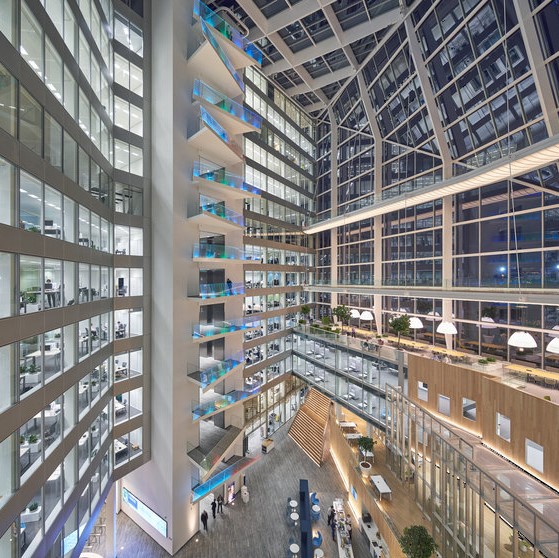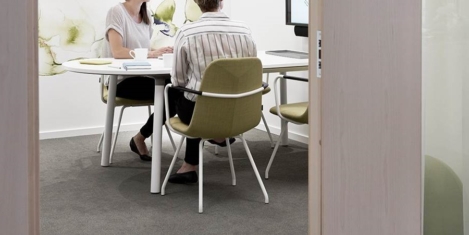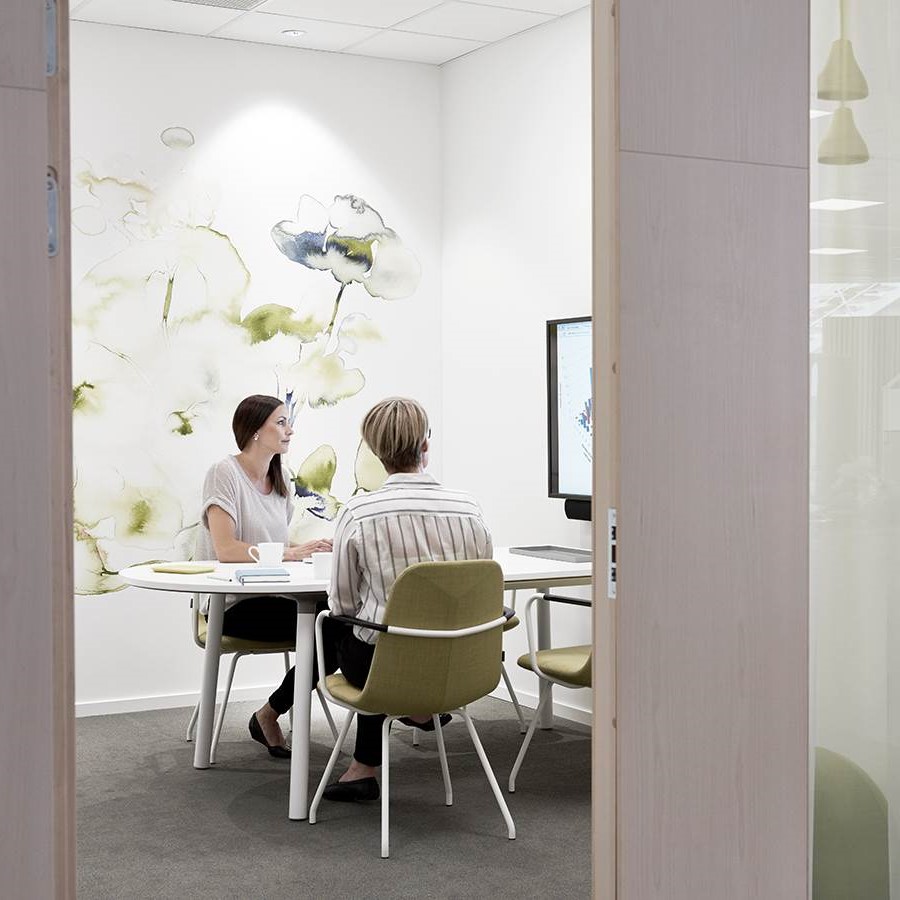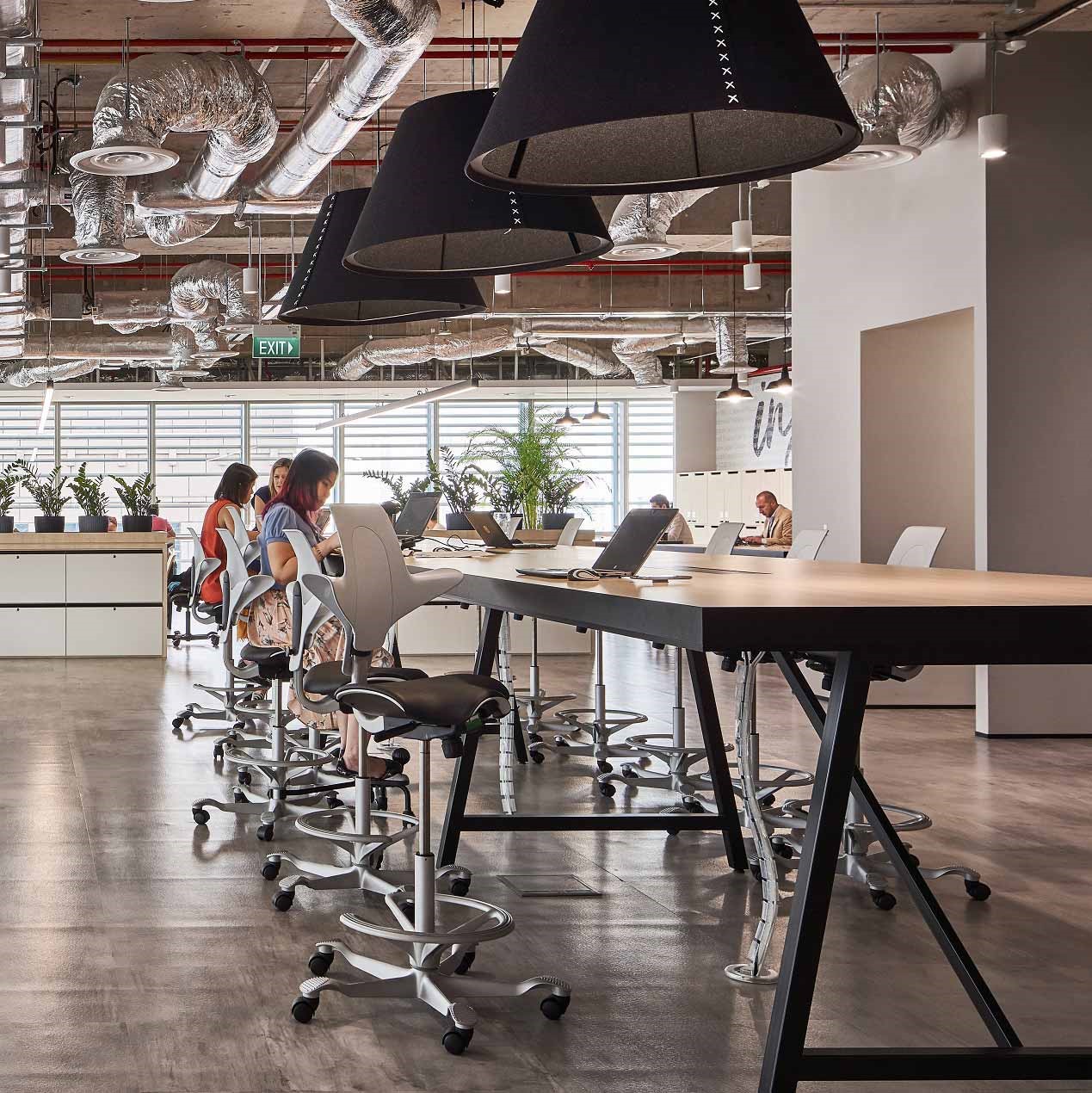October 7, 2019
Workplace experience fails to meet expectations in many new projects
 The latest report from workplace analysts Leesman explores the success rate of workplace change projects while analysing the factors behind why many fail. The Workplace Experience Revolution Part 2: Do new workplaces work is the product of a nine-year analysis across 557,959 employee responses in 3,932 workplaces worldwide. The first part of the study, published in 2018, unearthed what it claimed was a series of mission-critical ‘super drivers’ that provide the foundations for outstanding employee workplace experience. Part 2 takes this investigation further by exploring the challenges and stresses that organisations encounter when it comes to delivering employee experience in a new workplace.
The latest report from workplace analysts Leesman explores the success rate of workplace change projects while analysing the factors behind why many fail. The Workplace Experience Revolution Part 2: Do new workplaces work is the product of a nine-year analysis across 557,959 employee responses in 3,932 workplaces worldwide. The first part of the study, published in 2018, unearthed what it claimed was a series of mission-critical ‘super drivers’ that provide the foundations for outstanding employee workplace experience. Part 2 takes this investigation further by exploring the challenges and stresses that organisations encounter when it comes to delivering employee experience in a new workplace.




































October 3, 2019
The art of arranging the world so we do not have to experience it
by Mark Eltringham • Comment, Flexible working, Technology, Workplace